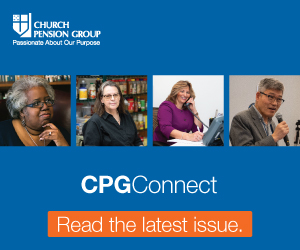I was not much of a reader when I was a small child. I had too much to do — play outside, run off to visit the neighbors, get into mischief – like any kid. I did get sick a lot, though, and Mama would spend extra time reading to me. That is how I learned books are good. When I was about eight, I caught almost every childhood disease that came down the pike: chicken pox, measles, bronchitis, the works. I spent much time at home instead of school, mostly on the bed or couch. TV, relatively new at the time, didn’t have a lot of stuff interesting to an eight-year-old, so I learned to enjoy books.
From that point, I never stopped reading – just about any book I could get my hands on – and it did not really matter the subject. I read so much I began to run out of new fiction – even that for kids 15 and over – even though I was only ten or eleven. My parents bought me a set of encyclopedias. I remember running home after school to pick a volume, open it up, and start flipping pages until I found something that attracted my attention. I’m fully grown now, but I still jump from subject to subject. It’s my way of learning more about different topics.
Did I ever read the Bible when I was young? Yes, I did. In my early teens, I would walk to the local Victory Monument on a high bluff overlooking the river I considered mine. There was a huge pine tree on the bluff’s edge, and I felt that was mine too. I would take out the little white Bible I was given when I was baptized and read the psalms or stories from the gospels. I honestly felt like God was sitting there with me, and although I could not hear a voice, it felt like we were having conversations. I do not remember any of those conversations in particular now. Still, I felt good when I left the pine tree to go back home to do my homework and hopefully some more pleasure reading.
Later on, I read more books having to do with spirituality, biblical interpretation, and theology. Some of the books radically changed my view of Scripture and religion, while others just confused me. One spark of clarification was learning not to read the Bible as literal. I had to learn about the geography, history, and cultural anthropology of life at the time the Bible was written, as well as how similar things were happening in the surrounding areas. It was utterly fascinating and informative as well.
I learned that Bible study was not simply about making verses in one part of the Bible point to other verses elsewhere, often from one testament to the other – such as words from the prophets applying to the coming Messiah. Yet often, ancient prophecies were about events and behaviors much closer in time. They were about how the people’s behaviors of that time would affect the future, like the exiles in Babylon and Assyria.
I am still reading and learning, and I do not think I will ever stop unless my eyes fail or my brain no longer functions properly. Meanwhile, I can pass on things I have learned through reading (and writing) to another generation. Hopefully, they will learn to read the Bible in a way that brings the past to life and illuminates the stories in a way that shows what their life was like and how modern readers can find parallels in modern times.
Now, after I have read my lesson for today, do I want to read a DCI Gamache mystery or reread a book I read decades ago about building a cathedral?
Image: Old Woman Reading a Book, by Gerrit Dou (ca. 1660-1665). From the Hermitage Museum, available from Netherlands Institute for Art History digital ID 38146. Found at Wikimedia Commons.
Linda Ryan is an Education for Ministry mentor, an avid reader, a Baroque and Renaissance music lover, and a fumbling knitter. She keeps the blog Jericho’s Daughter and lives with her cat, Phoebe, near Phoenix, Ariz.


